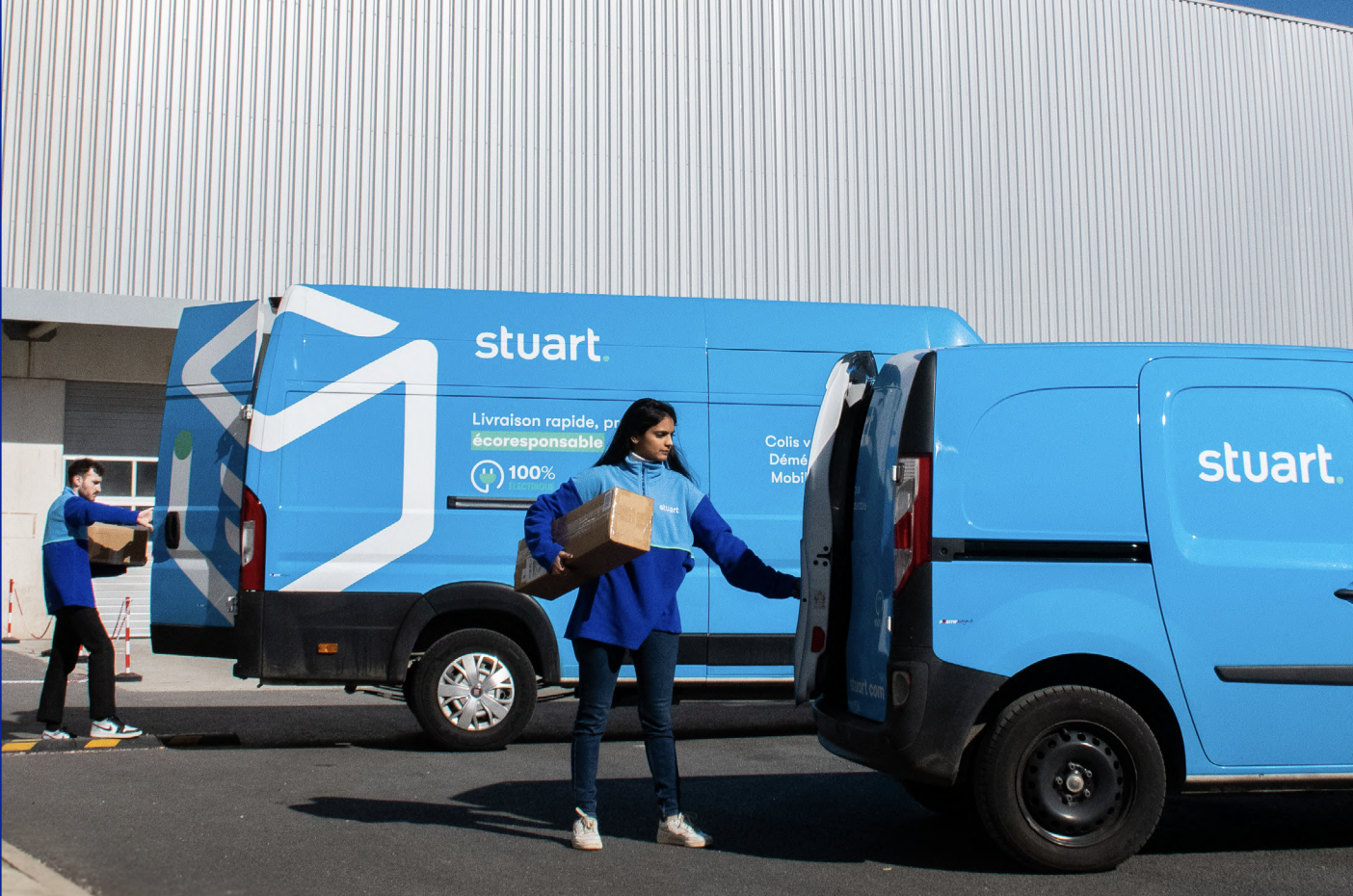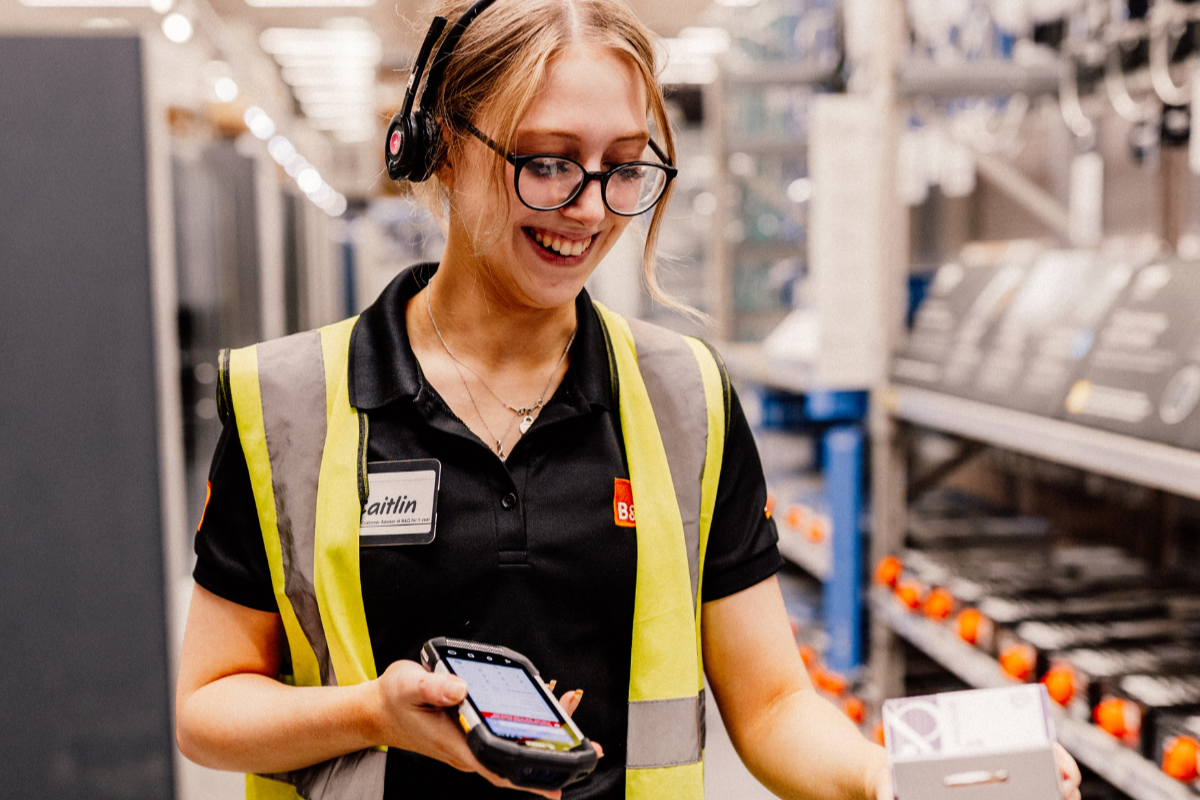In 2014, the UK imported something in the region of $60bn worth of goods from China, which accounted for around 9% of China’s exports. Some of will have travelled by air, some by sea, all of it, ultimately, ended up in warehouses, lorries, trucks and vans.
Unless you happened to miss all news reports earlier this week, the Chinese stock market suffered its biggest fall since 2007, wiping hundreds of billions of dollars from global financial markets. In the UK, around £60bn was lost from the value of the FTSE 100.
It was referred to by some as Black Monday, which – if you’re a of a certain age – might bring back memories of 1987 when a stock market crash that started in Hong Kong eventually wiped more than 20% off the Dow Jones. If you’re from Australia or New Zealand you might know it as Black Tuesday. Time differences, eh?
Stock market slumps don’t automatically trigger recessions, and the events of October 1987 are unlikely to be repeated for a number of reasons. One being that computerised trading was still in its infancy and, as a result of the way stocks were dumped willy nilly in October 1987, there are now checks and balances in place that are more likely to bring about a trading hiatus than allow selling to go on unchecked. And there was, of course, the infamous hurricane that hit the UK the day before Black Monday, and which – quite simply – left the City of London’s trading rooms empty, due to the disrupted road and rail networks. Not to mention that it blew down six of the seven oak trees in the English town of Seven Oaks.
Back to events of this week … repeated attempts by the Chinese government to halt the slide, chiefly by devaluing its currency the yuan and cutting interest rates, eventually got things back under control. By the end of Tuesday many of the world’s key markets had rallied sufficiently to recover most of the losses made the day before, and some economists are predicting that the turmoil in China will delay even further the prospect of an interest rate rise in the UK.
All of which, however, is a reminder both of economic volatility and the interconnectedness of global markets.
Presumably taking the long-view of things, against a backdrop of falling global commodity prices and stock market fluctuations, FedEx is investing $5bn in new planes. An investment that comes only a few months after it snapped up TNT Express for €4.4bn. All of which might serve as an equally pertinent reminder that business will continue to be done, even in times of change and uncertainty; you can wait for change to be done to you, or you play an active role in how that change is shaped.
One area closer to home – quite literally – that has never looked more ripe for a change is home delivery. A recent guest article suggesting the cost of home delivery is now completely unsustainable prompted a record number of eDelivery readers to get in touch. We sifted through the thoughts and opinions and published some of them in two articles, which you can find here:
Too expensive to be offered free or nearly-free..? Unsustainable..? Maybe. But if used properly free delivery can still be the retailers’ most effective way of attracting and retaining new customers. Whether it’s as part of a marketing campaign, or a series of seasonal offers, if you take a holistic view of things, free can still be your friend.
Returning to the theme of the consequences of international disruption, we consider how the recent troubles in Calais have impacted our industry, and whether reputations are being tarnished because of it. And if that is starting to affect your business, what should you do next?
This week we also feature a case study looking at the Cotswold Company, and how investing in a new warehouse management system has allowed it to double order volumes, coping with as many as 3,000 orders per week, without additional investment in personnel.
If you haven’t yet registered for the first ever eDelivery Conference, which takes place on 13 October in London, there’s still time – but you ought to get a wiggle on, you know. You can find an overview of some of the speakers and themes you can look forward to here. Over the next few weeks, we’ll be publishing interviews with some of them and we very much hope to see you there.
If you haven’t yet subscribed to eDelivery why don’t you take an active role in shaping a change of your very own and go and do that right now? You’ll get our weekly newsletter summarising the main stories we’ve covered, and we’ll keep you informed of other big announcements, but we won’t spam you – that’s not how we stroll. You’ll find details on that here.
You can also join our LinkedIn group for analysis and networking as it happens, or if you want your updates in real-time find us on Twitter @edeliverynet.
Shanghai Stock Exchange image © Aaron Goodman, via Flickr, reproduced in accordance with creative commons licence. https://www.flickr.com/photos/aarongoodman/3640971950
https://creativecommons.org/licenses/by-nd/2.0/









